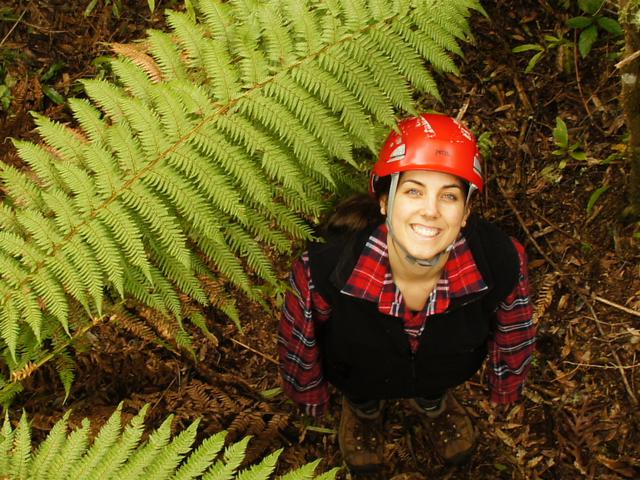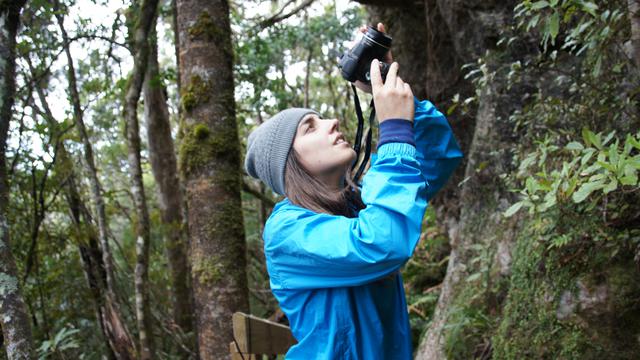With a PhD scholarship in hand, Hamilton student Rachel Nepia is excited to learn about the impact of honeybees on indigenous forest ecosystems.
According to a recent report by Catherine Beard (DOC), the number of honeybee hives on public conservation land has been steadily increasing over the last 20 years. During the last twelve months alone, New Zealand has seen a 60% increase.

However, gaps exist in the current understanding of how honeybees function as part of New Zealand’s forests. Rachel’s research is a three-year project that will hopefully fill some of those gaps. The goal is to clarify a path forward toward more effective management of apiaries on public conservation lands.
Rachel will be taking on one of New Zealand’s National Science Challenges, “New Zealand’s Biological Heritage – Ngā Koiora Tuku Iho.” The objective of this challenge is “To protect and manage New Zealand’s biodiversity, improve our biosecurity, and enhance our resilience to harmful organisms.”
Rachel is the inaugural recipient of the Bruce Clarkson Scholarship, named in recognition of Bruce’s efforts as Interim Director of this Challenge during its early establishment phase.
“New Zealand's native ecosystems are so unique and beautiful,” says Rachel. “Most of the plants and animals you find here can't be found anywhere else in the world. Humans have been here in New Zealand a relatively short period of time, compared with other parts of the world, yet have made a huge impact in terms of extinctions, vegetation loss, and invasion of exotic pest species. Sometimes in restoration ecology it can feel a bit hopeless, like what has been lost can't possibly be recovered. But there are lots of good things happening, and every little bit helps.”

Rachel looks forward to her research. “I love being outside,” she admits. “Being outside just inspires such a sense of wonder. Our ecology team at Waikato went to Great Barrier Island a few years ago to do some field work. There is so much to take in there – mountains, forest, incredible beaches and rock pools. One night on the beach we even stumbled across some bioluminesence in the sand. It was like the world had tipped upside down and the stars had landed on the beach.”
Rachel does not mind working with bees, although she doesn’t know any secrets about avoiding stings. She’s been stung “lots of times.” One “memorable incident” took place when she was serving a mission in Orlando, Florida, USA, for The Church of Jesus Christ of Latter-day Saints. “I was biking home from the supermarket . . . I thought my belt was just pinching me or something, but a bee had actually flown up my dress and stung me.” She feels her mission experience “taught me a lot about planning, preparation, and being focused on a purpose - all things that will be essential in my PhD research.”
Rachel completed her BSc and MSc at the University of Waikato specialising in forest ecology. After completing her 18-month mission, she returned to the University of Waikato to take up a position as a Research Assistant in the Environmental Research Institute. After a year and half of experience at the ERI and at Plant and Food Research and as a Research Administrator in the University’s Research Office, Rachel will now undertake her PhD research.
Her supervisory panel includes Professor Bruce Clarkson (University of Waikato), for whom the scholarship is named, as well as David Pattemore (Pollination Scientist, Plant and Food Research), and Catherine Beard (Science Advisor, Ecology, Department of Conservation).
When asked what she would want others to do if she could get everyone to make one small change in favour of preservation, Rachel answers, “I would like for people considering landscaping, or planting in their gardens, to look for native species that reflect the ecological history of the location, instead of going for exotic ornamental species.”